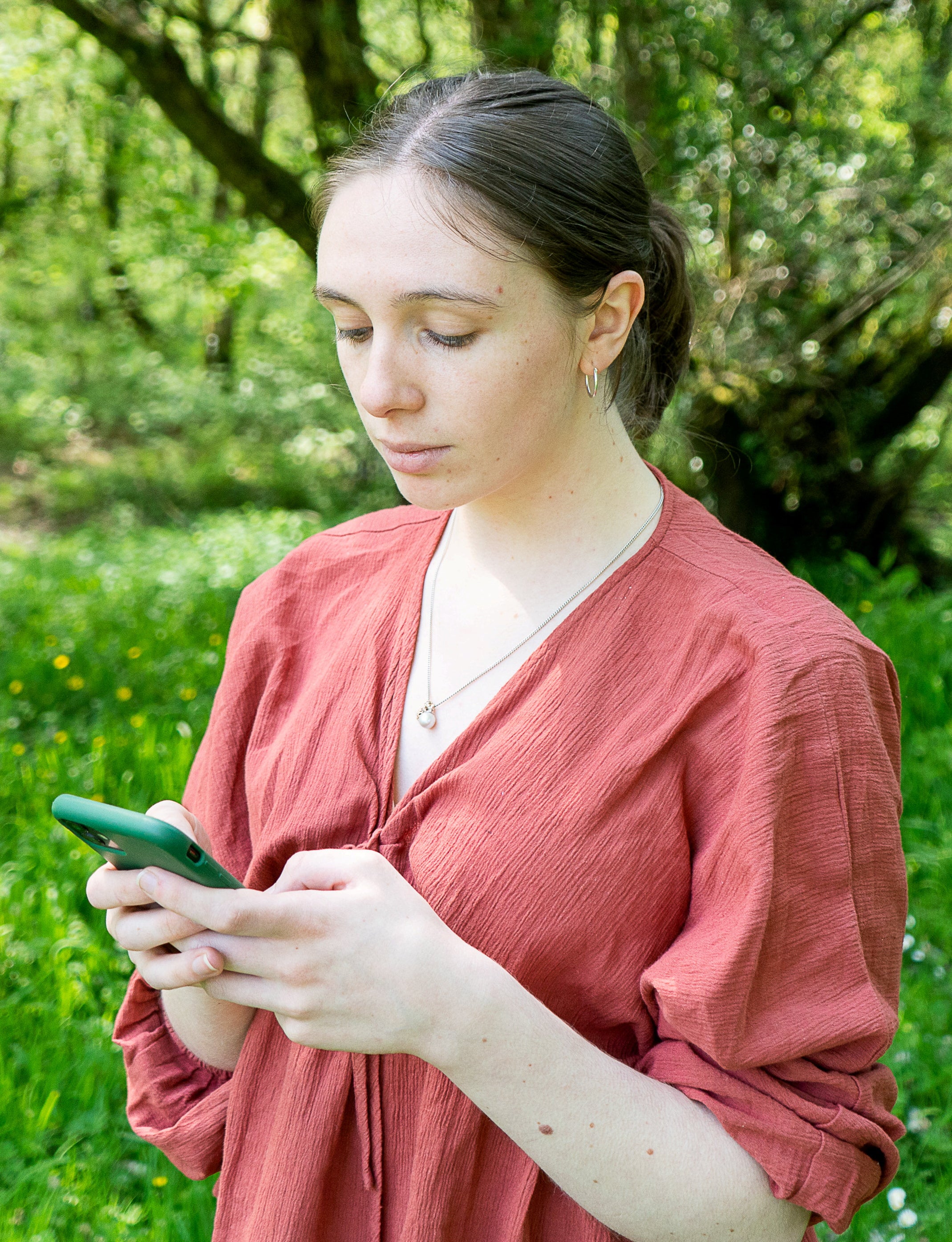Parents have ‘no idea’ how children were raised before smartphones, research shows
A recent study found mums and dads with children aged up to six felt that their mobile was the most helpful tool when it comes to bringing up their little one

Your support helps us to tell the story
From reproductive rights to climate change to Big Tech, The Independent is on the ground when the story is developing. Whether it's investigating the financials of Elon Musk's pro-Trump PAC or producing our latest documentary, 'The A Word', which shines a light on the American women fighting for reproductive rights, we know how important it is to parse out the facts from the messaging.
At such a critical moment in US history, we need reporters on the ground. Your donation allows us to keep sending journalists to speak to both sides of the story.
The Independent is trusted by Americans across the entire political spectrum. And unlike many other quality news outlets, we choose not to lock Americans out of our reporting and analysis with paywalls. We believe quality journalism should be available to everyone, paid for by those who can afford it.
Your support makes all the difference.Almost half of parents (43 per cent) have ‘no idea’ how people raised children before smartphones were invented.
A poll of 1,000 mums and dads with children aged up to six revealed 61 per cent claim their device is the most helpful tool when it comes to bringing up their little one.
Parents take an average of 23 photos of their son or daughter each week and use a search engine 77 times when in need of help or advice.
They will also send 11 messages to those closest to them over the course of seven days.
It also emerged parents (39 per cent) are twice as likely to go over their data allowance than those without children (19 per cent), according to a separate survey of 2,000 adults.
The survey was commissioned by network provider, Three UK, which is working with digital inclusion charity, Good Things Foundation on its National Databank, to double its data donation to two million gigabytes.
Aislinn O’Connor, at Three UK, said: “We know the important role phones play in people’s lives.
“As the research shows, this role becomes even more important after you’ve had a child - your phone becomes a critical addition to your family, playing the role of entertainer, doctor, connector and much more in everyday life.
“Through our work with Good Things Foundation, we’ll ensure people across the country get online and, in doing so, that thousands of parents are able to use their phones as a helping hand in their new family.”
The study also found downloading and streaming content for their child to enjoy when out and about is one of the biggest drains (36 per cent), with an average of 12 hours streamed per week.
Other uses include getting advice quickly, shopping for baby-related items, and researching illnesses and ailments.
But the research, via OnePoll.com, found 74 per cent claim their phone has helped them during really difficult parenting moments.
When asked what they mostly use their device for, 67 per cent of parents take photos, 62 per cent send WhatsApp messages and six in 10 frequently check the weather.
As a result, 34 per cent have had to increase their data to allow for this volume of activity, with the average parent going over their designated amount each month by a total of five gigabytes.
Three UK has also partnered with father and musician, Professor Green, to highlight the importance of being connected through your phone as a new parent.
He said: “When I became a father, I found out that phones become your second or third pair of hands.
“They are an amazing source of information, advice and connect you to your support network your when you need it most.
“Phones are amazing tools but even more so when you’re a new parent.
"They are a direct line to gran when you’re in an emergency, a vital research tool when the little one is feeling ill or the source of much needed entertainment, for you and the kid while you’re on the move.
“All the things you took for granted about your phone before, suddenly become a blessing as a parent.
"That’s why it’s so important to help people that need to be connected, like new parents, get connected.”
According to the brand, the initiative will see free pre-paid SIM cards distributed over the next two years to those who are unable to afford or access them - ensuring everyone can use their phone freely wherever they need to, whenever they need to.



Join our commenting forum
Join thought-provoking conversations, follow other Independent readers and see their replies
Comments